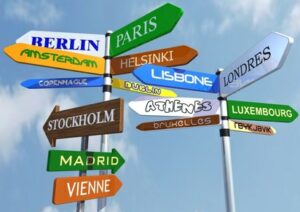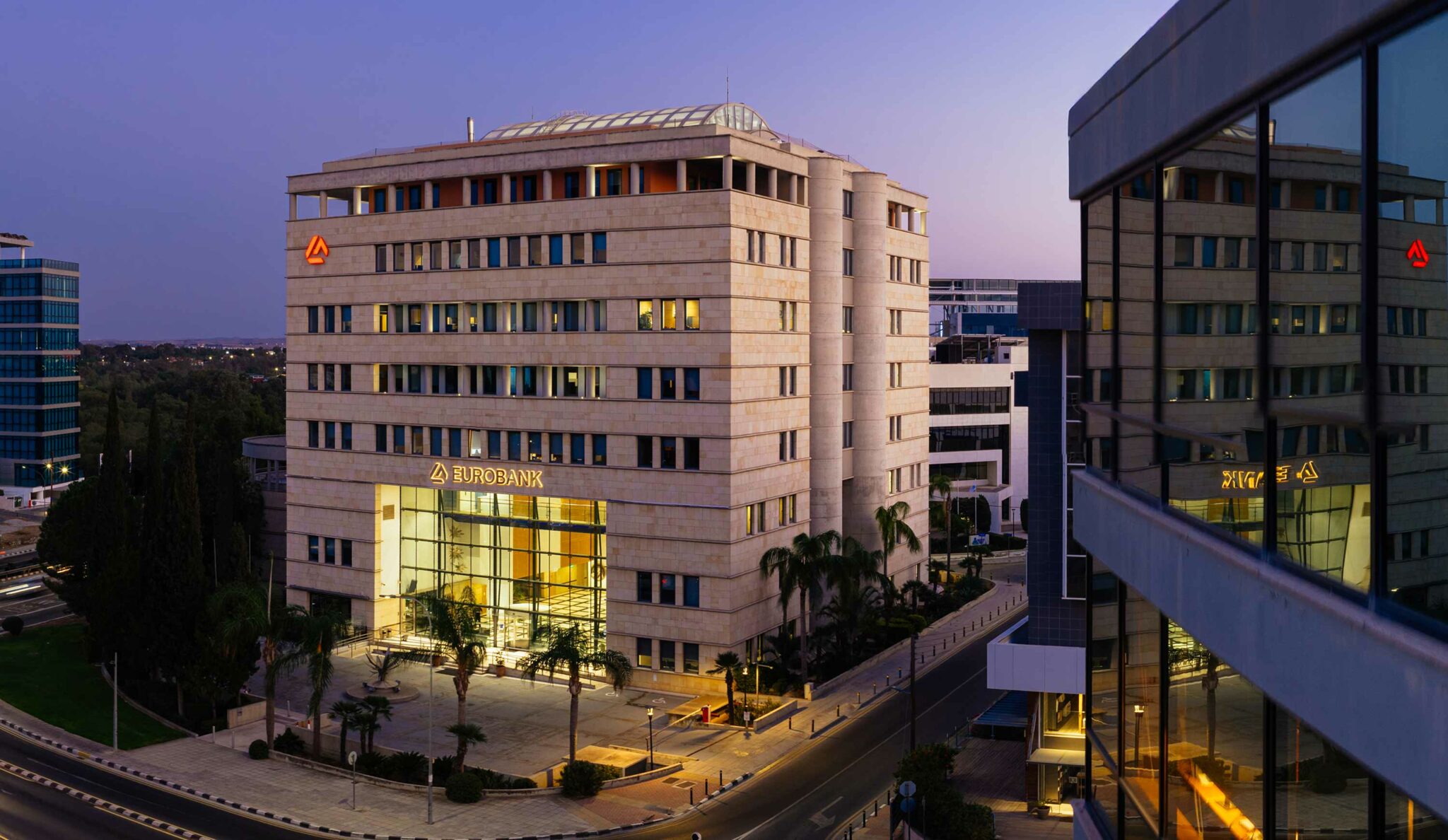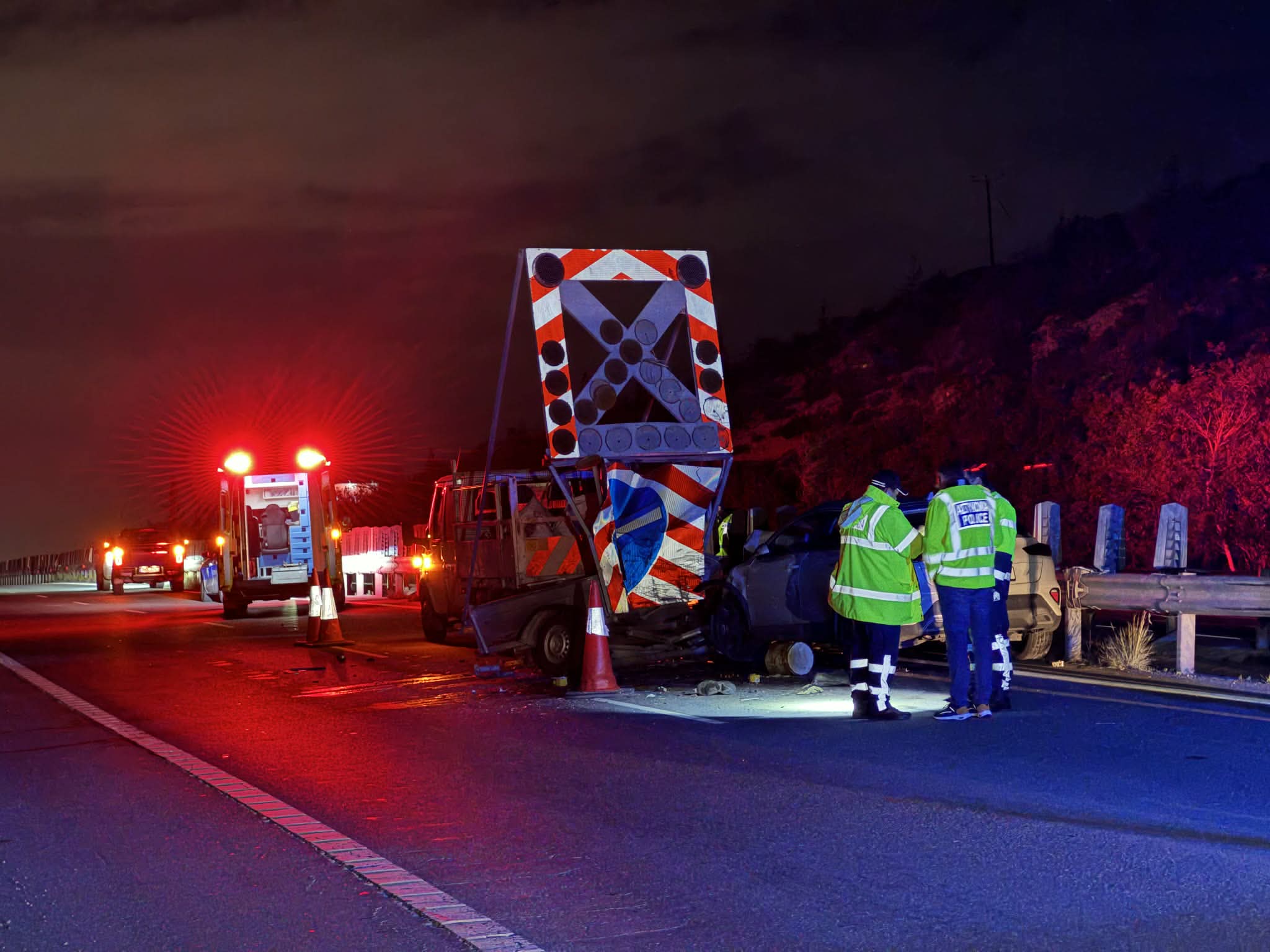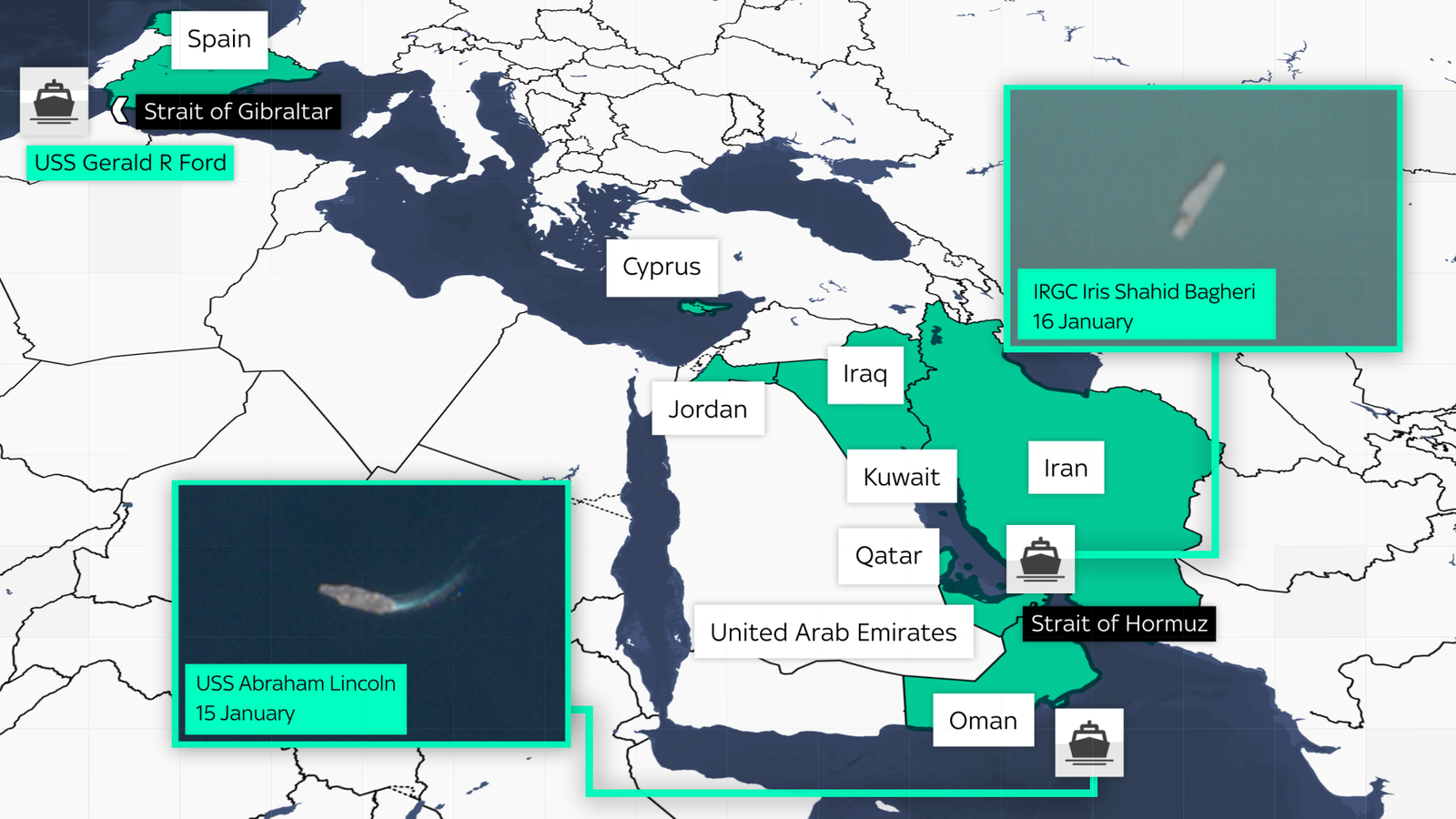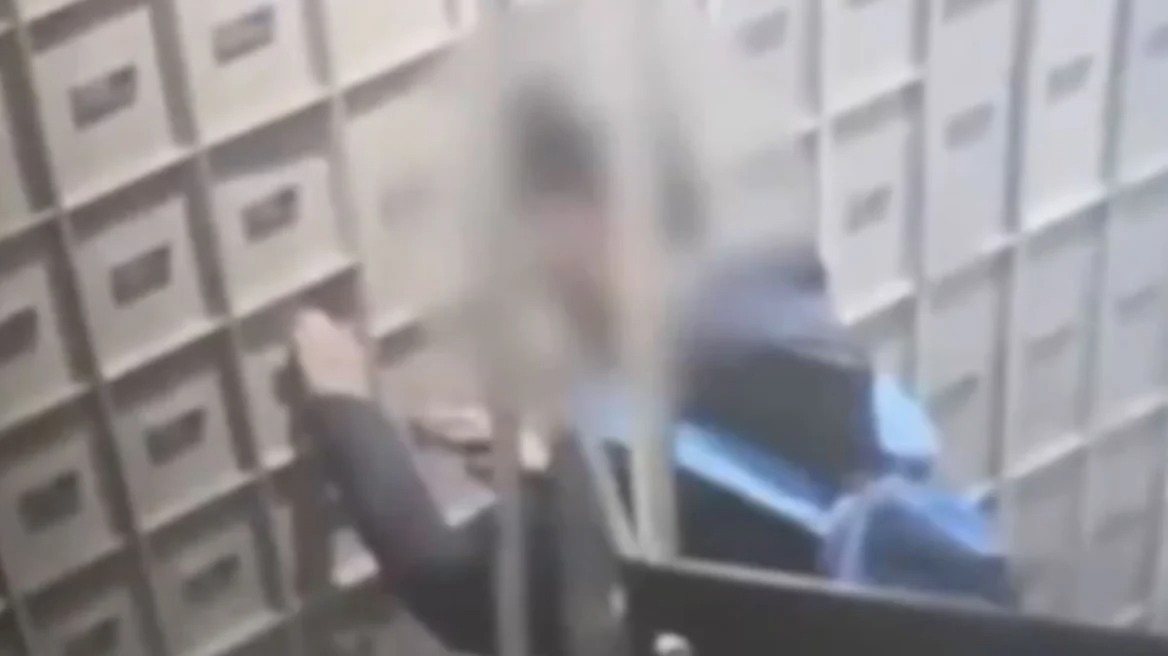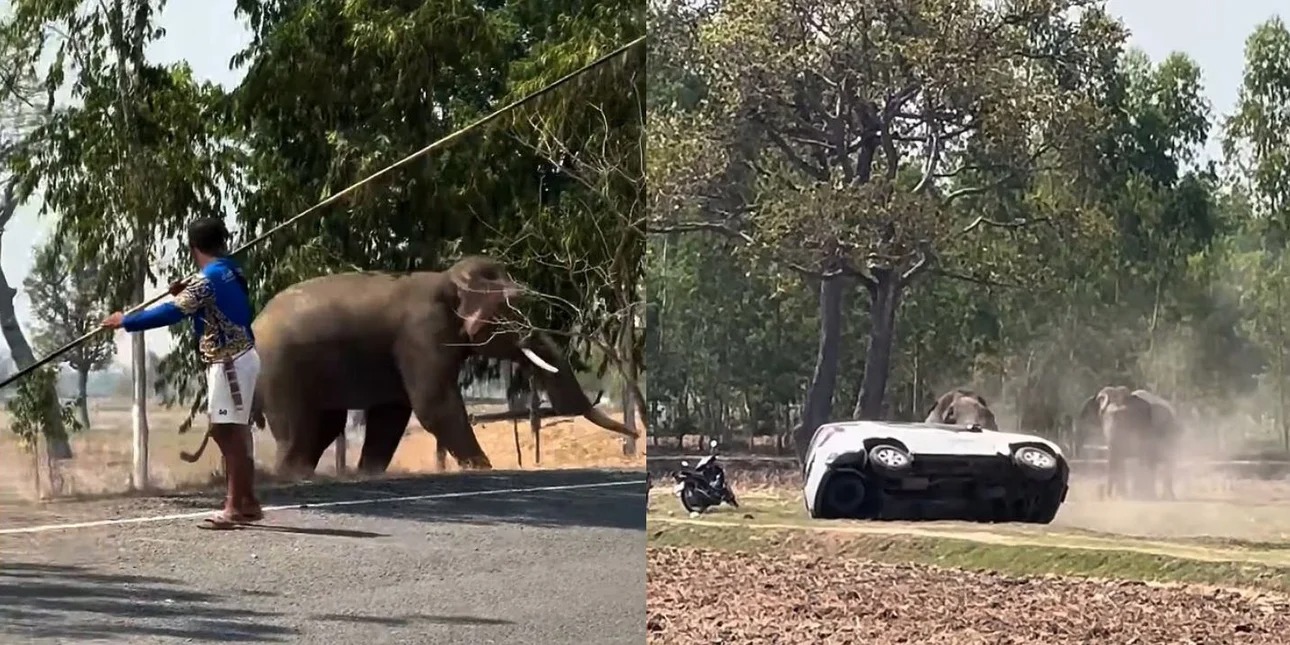Young people wanting to travel to the European Union will have a chance to enter a competition for free tickets courtesy of the European Commission’s DiscoverEU programme.
It said that following the success of the first round of DiscoverEU, it is launching a second competition for free tickets on November 29, 2018.
All 18-year-olds in the EU will then have until December 11, 2018 to apply for a free ticket, giving them the opportunity to travel around Europe between April 15 April and October 31, 2019.
Commissioner Tibor Navracsics, responsible for Education, Culture, Youth and Sport, said: “This summer, around 15,000 18-year-olds were able to travel across the EU. They experienced first-hand what it feels like to be European. They got the opportunity to discover Europe’s diversity and cultural richness as well as to meet people from all over the EU. We have heard so many fantastic stories from those who took part, and I am delighted that we are able to offer this experience to more young people next year!”
Who can apply and how?
- Applicants must be 18 years old on December 31, 2018 and be prepared to travel between April 15 and October 31, 2019 for a maximum period of 30 days.
- Those interested in taking part need to apply via the European Youth Portal.
- An evaluation committee will assess the applications and select the recipients.
- Applicants will be notified about the selection results mid-January 2019.
Successful applicants will be able to travel individually or in a group of up to five people. As a general rule they will be travelling by rail. However, to ensure wide access across the continent, participants can also use alternative transport modes, such as buses or ferries, or, exceptionally, planes. This will ensure that young people living in remote areas or on islands part of the EU will also have a chance to take part.
The launch of the second round of DiscoverEU was announced by Commissioner Navracsics at a stakeholder meeting, in front of representatives working in the youth, education, transport and tourism sectors, and young people who took part in the initiative this summer.
The meeting is part of on-going work to make the DiscoverEU experience even more effective and accessible in the future. Organisations such as the European Anti-Poverty Network were also invited to discuss ways in which social inclusion can be improved in future rounds of DiscoverEU.
Next steps
Based on the overwhelming interest in DiscoverEU and the experience it offers young people across the EU, the European Commission has proposed €700 million for the initiative under the future Erasmus programme in the EU’s next long-term budget after 2020. If the European Parliament and the Council agree to the proposal, an additional 1.5 million 18 year olds will be able to travel between 2021 and 2027.
DiscoverEU was launched June, with a budget of €12 million in 2018. So far it has given more than 15,000 young people the opportunity to travel around Europe. This year – the European Year of Cultural Heritage – those travelling have also had the chance to participate in the many events taking place in celebration of Europe’s cultural heritage.
During the first round which from July 9 to September 30, 2018, some 15,000 young people of 100,000 applicants were awarded travel passes based on a fixed quota per country. Once selected they could travel, either alone or in a group of maximum 5 people, for up to 30 days to at least one EU Member State.
The allocation of the travel passes was based on the share of Member States’ population compared to the overall population of the EU. All country quotas were used. In the case of Cyprus, this meant 25 young people benefited from the programme.

